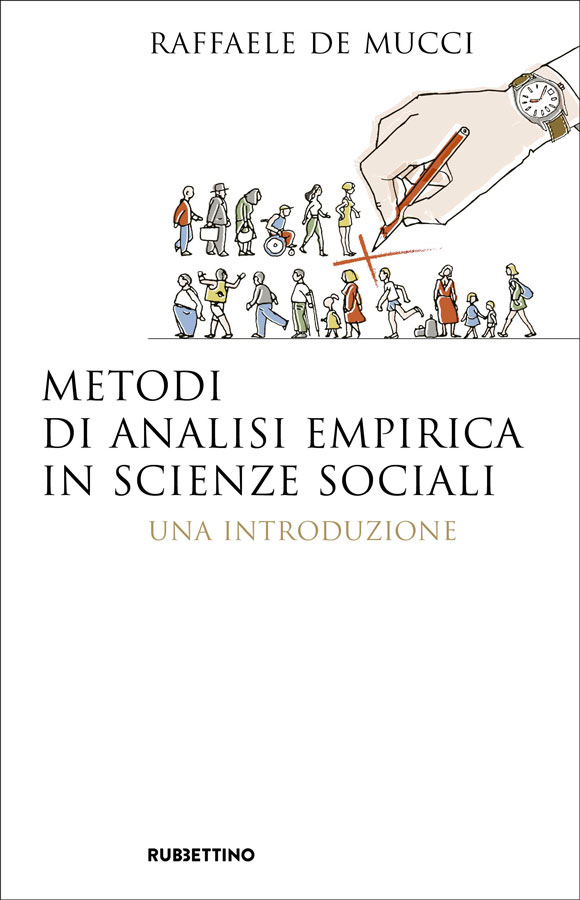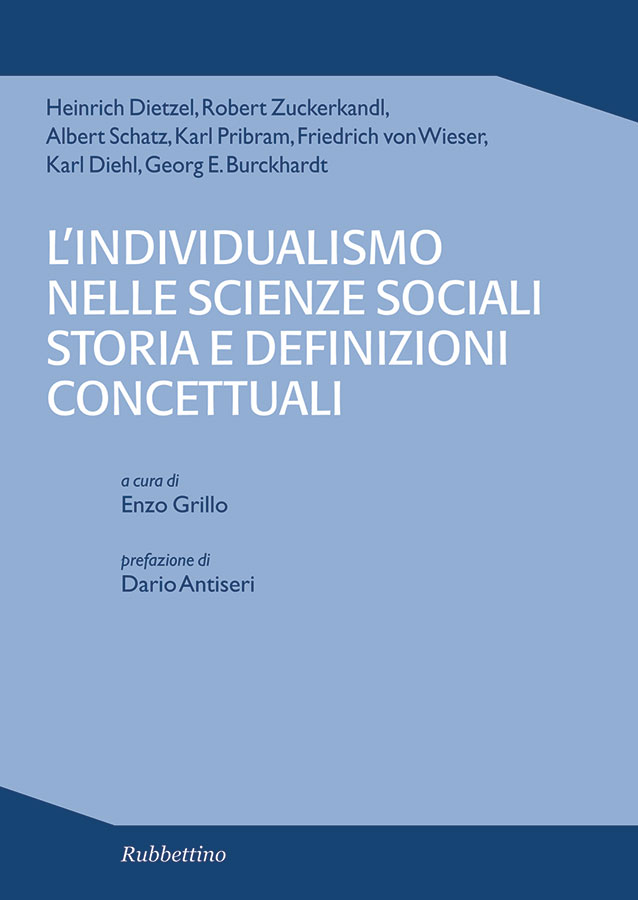Explanation in the Social Sciences
A Theorical and Empirical Introduction
Cartaceo
€17,10 €18,00
A natural or social phenomenon is explained when one presents its description (what?), finds the laws which account for its causes (why?) and provides the micro-level mechanisms underpinning its occurrence (how?). Usually, social sciences
A natural or social phenomenon is explained when one presents its description (what?), finds the laws which account for its causes (why?) and provides the micro-level mechanisms underpinning its occurrence (how?). Usually, social sciences explain thanks to theoretical models which are later on logically discussed and empirically tested. Phenomena like strikes, charities, wars or inflation are accounted for through models which causally connect social variables. However, a complete explanation is reached only if the actions and interactions underpinning the social event are also pointed out. Thus, causal explanations based on variables must be supplemented with intentional explanations based on rational actions aiming at instrumental or value-goals. Eventually, the author illustrates the way history accounts for the events of the past, by means of analytical narrations, where unique occurrences are combined with causal and intentional social scientific explanations. The book, by means of clear arguments and simple reasoning, provides a basic introduction to the above mentioned philosophical and methodological topics. Many empirical examples, tables and figures make the assimilation of the subject-matter easier.






